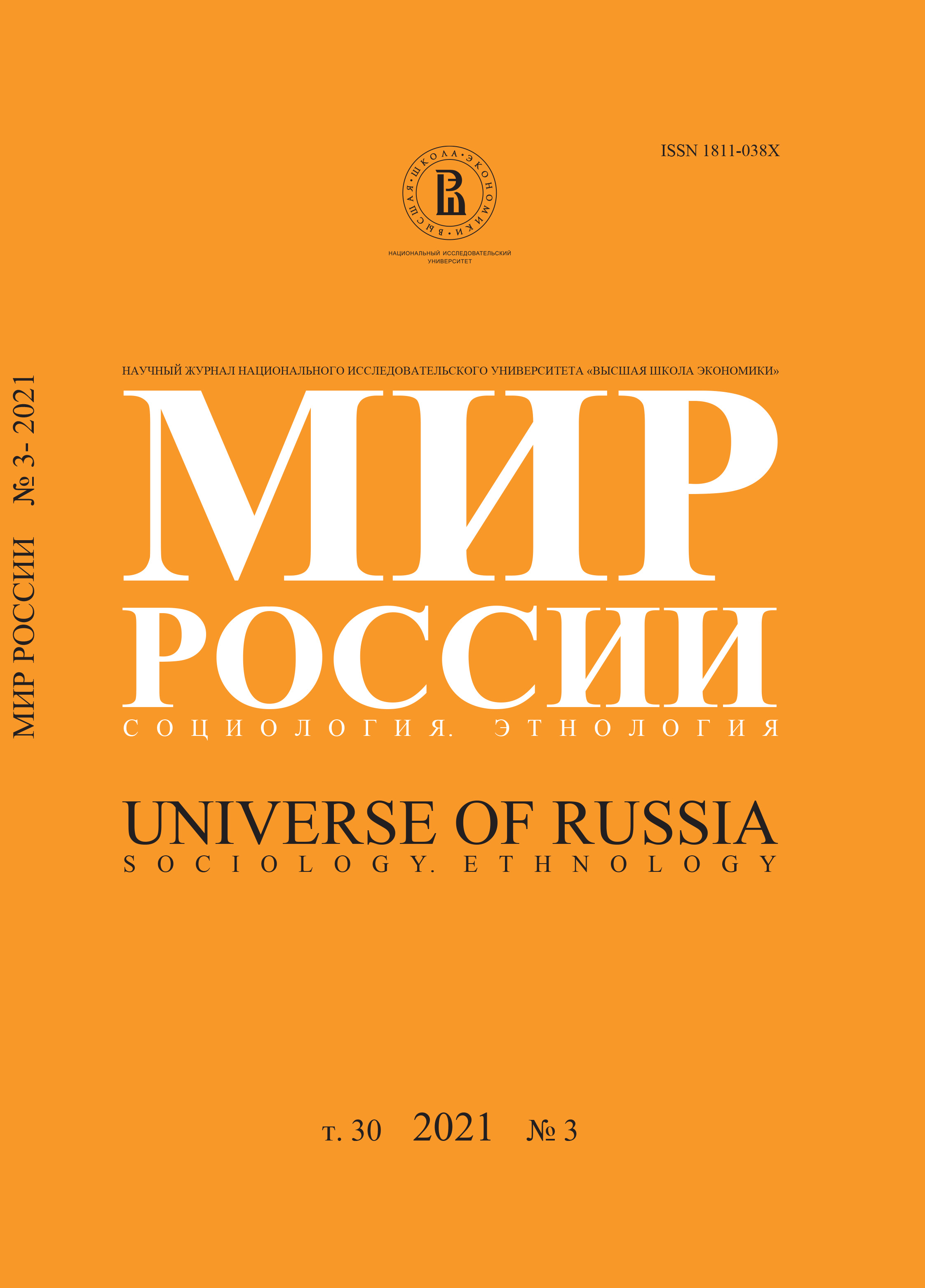The Non-financial Wealth of Russian Households: Property and Taxes
Abstract
Owning property comes with financial obligations: property acquisition leveraged by debt entails the need to pay off the debt; property taxation entails the need to pay taxes. This article reviews (1) trends in the accumulation of property (non-financial wealth) by Russian households since the mid-1990s and (2) the state’s efforts to increase the transparency of the rights and obligations associated with private property ownership (e.g., the introduction of a cadastral registration system, the taxation of property according to its cadastral value) and the stimulation of property acquisition through various government programs. The study analyses state legislation, administrative documents, departmental statistics, analytical reports and survey data (the Russian Longitudinal Monitoring Survey of the Higher School of Economics 1994–2018 and the General Monitoring of Living Conditions by Rosstat in 2011, 2014, 2016, 2018). Since the mid-1990s the ownership of consumer property (housing, cars, summer houses), investment property and additional housing increased, while the ownership of productive property (land) decreased. Our analysis indicates that the state’s effort to increase the transparency of property ownership and to improve the collection of relevant taxes has not disincentivized Russians from owning property.






